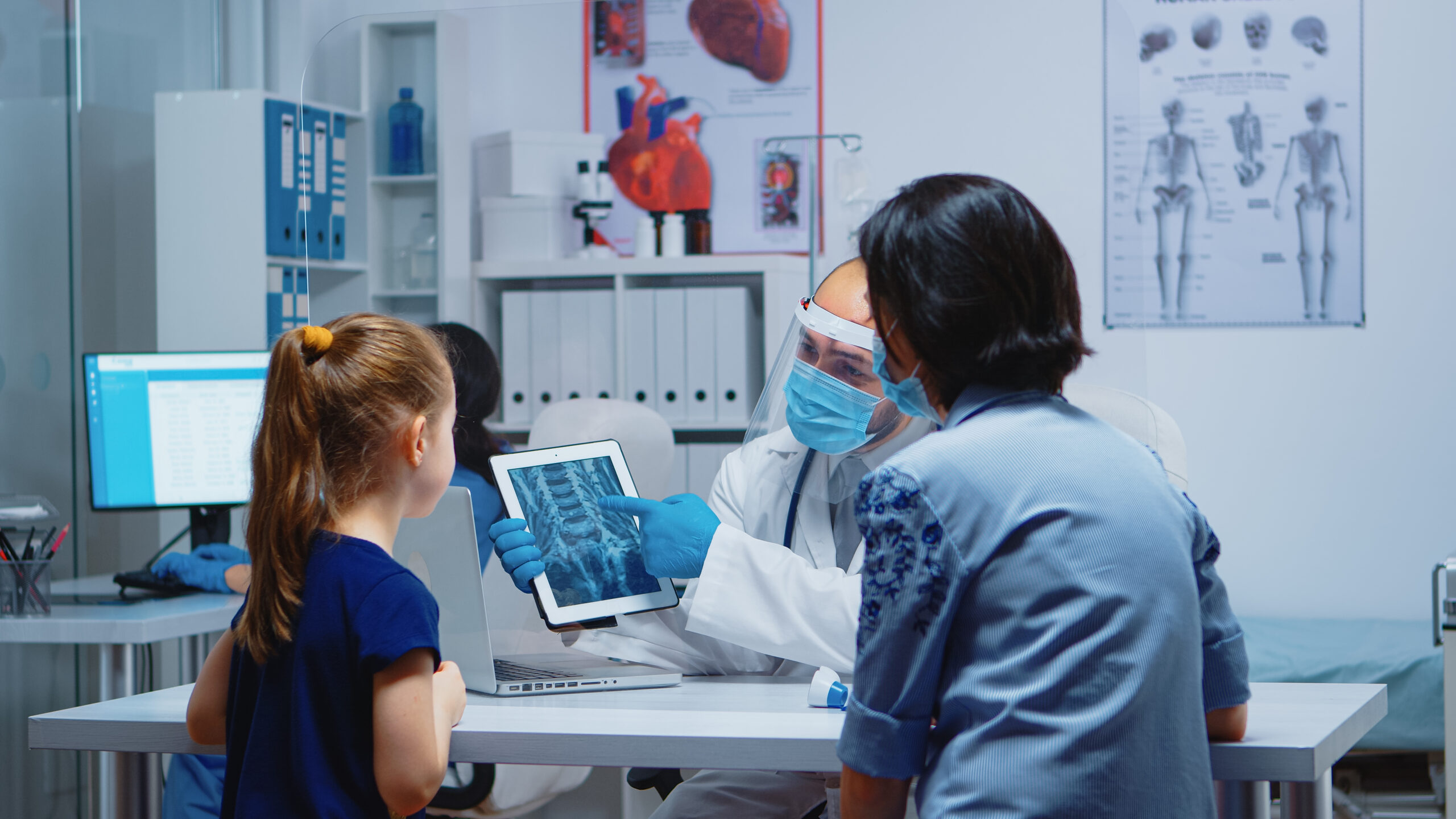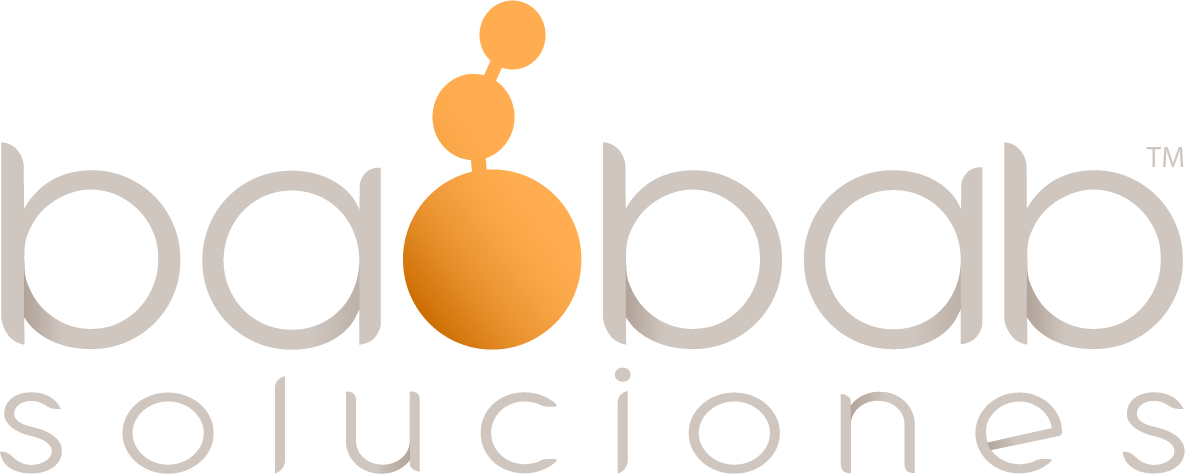The pharmaceutical industry continually faces challenges to discover and develop new medicines and treatments that improve people’s health and well-being. Research and development (R&D) plays a crucial role in the search for scientific and technological advances that allow pathologies and disorders to be addressed in the most effective way. In this article in the “challenges in the pharmaceutical industry” series, we will explore how Artificial Intelligence (AI) can be applied to offer innovative solutions.

Challenges
Management and analysis of large volumes of data.
First, the pharmaceutical industry generates a large amount of data in its research and development processes. The challenge is to efficiently collect, store and analyze this data to obtain valuable, applicable information and, consequently, make better decisions. If we want to make good use of data, we are going to need advanced analytics technologies and tools, such as natural language processing, machine learning, and artificial intelligence, to identify patterns, trends, and relationship between data.
Guarantee of the precision and reliability of predictive models.
Meanwhile, predictive analytics models are used in the pharmaceutical industry to predict possible failures in equipment and systems, as well as to optimize processes and improve efficiency. However, for these models to be effective, it is crucial to ensure their accuracy and reliability. The challenge therefore is to ensure the quality and integrity of the data used to train the models. They must be accurate, complete and representative of actual conditions. Additionally, it is important to perform periodic validations of the models to ensure that they remain accurate as conditions change.
Implementation of advanced technologies.
The adoption and integration of technologies such as the Internet of Things (IoT), augmented reality and automation, which can enable real-time data collection, process optimization and therefore a better position to make decisions based in data, require a solid infrastructure and adequate training of the human team. It will be necessary to invest in technical resources, such as IoT sensors and real-time monitoring systems, as well as in finding the right profiles and training programs to ensure a successful implementation.
Integration of systems and equipment.
Likewise, pharmaceutical plants usually have multiple systems and equipment that must operate in a coordinated manner to guarantee the efficiency and quality of the products. In this case, the challenge is to integrate and correlate the data generated by these different systems to identify patterns and trends that can affect efficiency and quality. This involves the implementation of data management systems and interoperability between existing systems to ensure seamless integration and the ability to extract valuable insights from the data generated.
Click to read other blogs about the challenges of the pharmaceutical industry: the production,the logistics.

Advanced Analytics Opportunities
1.-Optimization of equipment and facility maintenance with Predictive Analytics.
Predictive Analytics allows us to anticipate and prevent failures in the equipment and machinery used in the production of medicines. By continuously monitoring equipment data, predictive models can identify abnormal patterns or indicators of potential failures. This leads to improved efficiency and productivity by reducing downtime and maintenance costs by performing preventative maintenance interventions at the right time.
2.-Improvement of product quality and safety.
Thus, by preventing failures in equipment and systems, Predictive Analytics contributes to guaranteeing the quality and safety of pharmaceutical products. Predictive models can detect deviations in production parameters that could affect the quality of the final product. Furthermore, if we introduce mathematical optimization models into manufacturing processes, the risks of cross-contamination are reduced and compliance with regulatory standards is ensured. This is essential to maintain consumer confidence and meet the demands of regulatory bodies.
3.-Greater control and performance in R&D.
On the other hand, the use of Predictive Analytics, together with technologies such as real-time monitoring and data analysis, allows improving control and performance in research and development (R&D) processes. Real-time data collection and analysis allows more accurate monitoring of clinical trials, early identification of potential problems, and optimization of resources used in R&D. This facilitates data-driven decision-making and identification of areas for improvement in drug development processes, which can accelerate timelines and reduce costs associated with pharmaceutical R&D.

In conclusion, it is evident that the pharmaceutical industry faces significant challenges in the field of research and development (R&D), which include the efficient management and analysis of large volumes of data, ensuring the accuracy and reliability of predictive models, the implementation of advanced technologies and the integration of systems and equipment.
However, the opportunities offered by the application of Advanced Analytics in the pharmaceutical industry are also very relevant. With these AI technologies, the maintenance of equipment and facilities can be optimized, the quality and safety of products improved, and greater control and performance in R&D processes.
Applying Advanced Analytics solutions can drive outstanding scientific and technological advances within the pharmaceutical industry. Doing this application correctly requires the experience and the technical/human team necessary to make the most of these technologies.
Are you interested in planning and optimizing your company’s production processes? Click on the link and learn more about us and how we have successfully applied Artificial Intelligence solutions in companies like yours.



